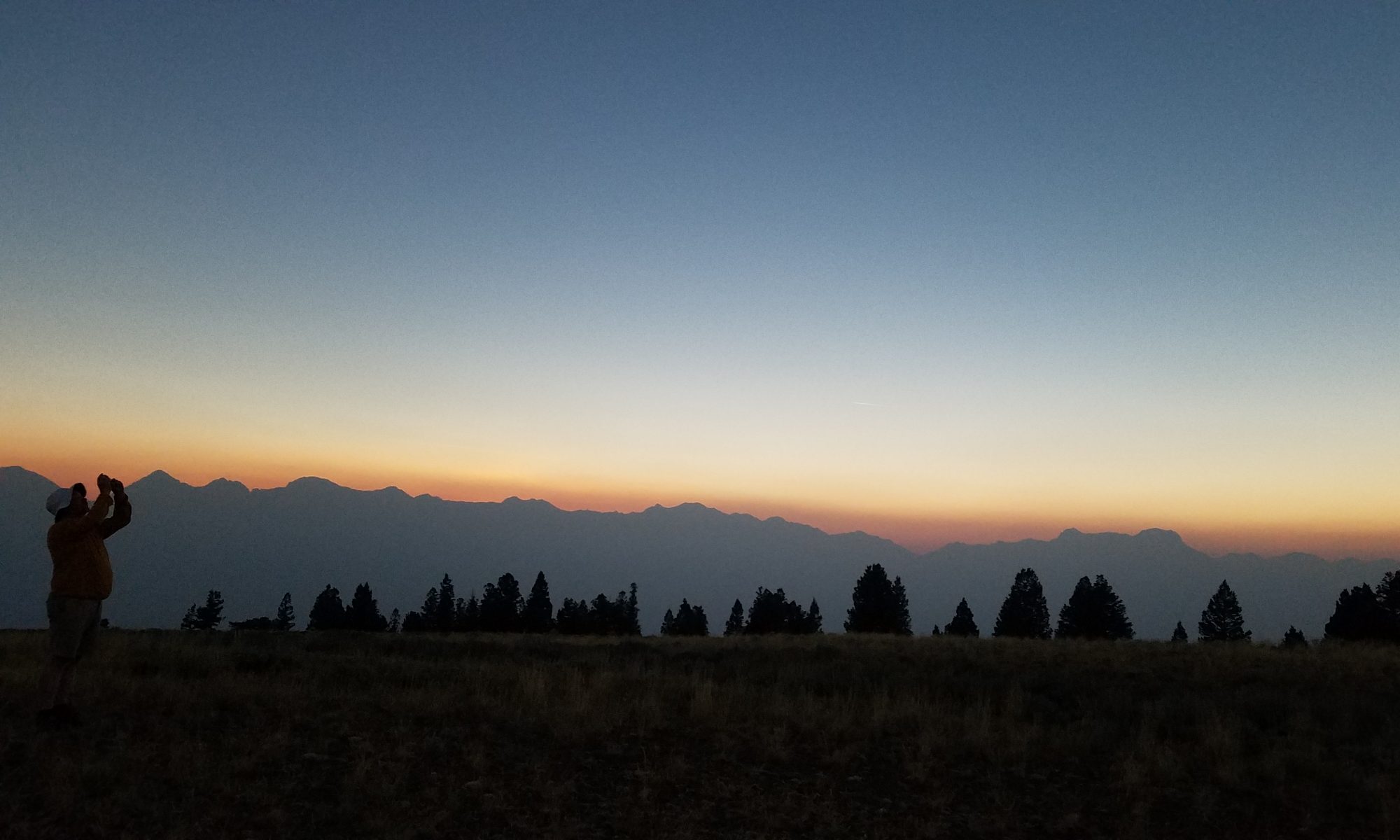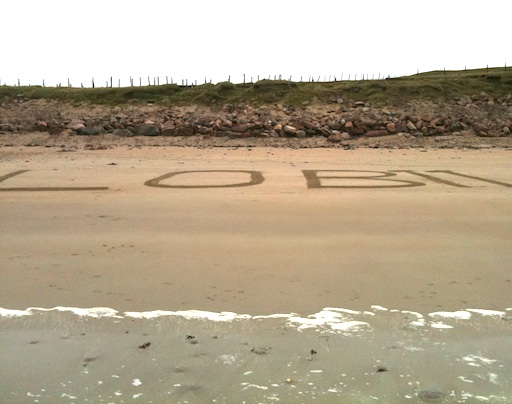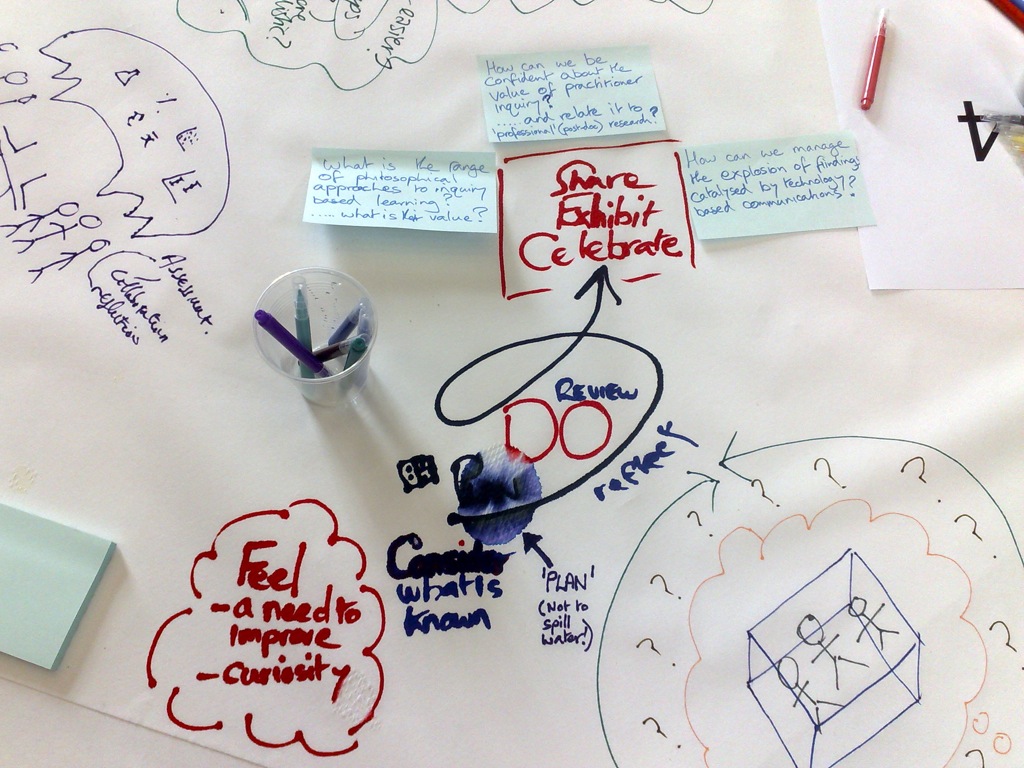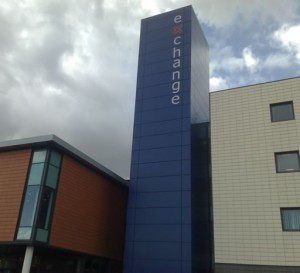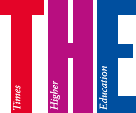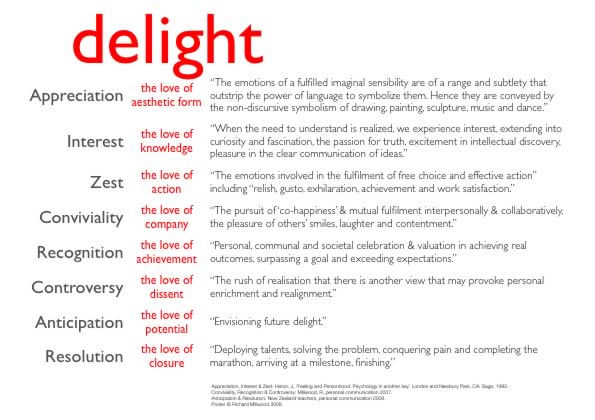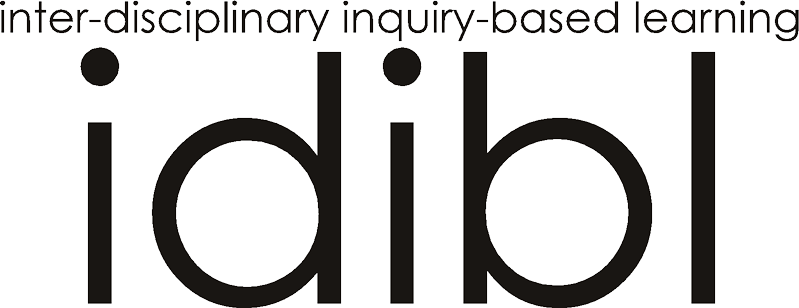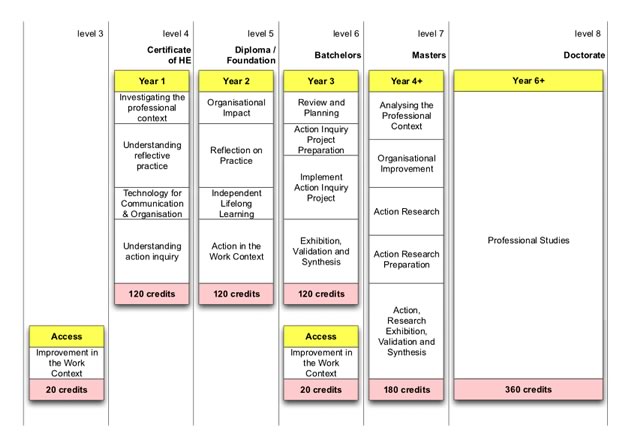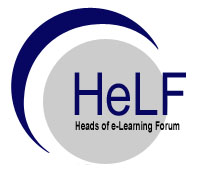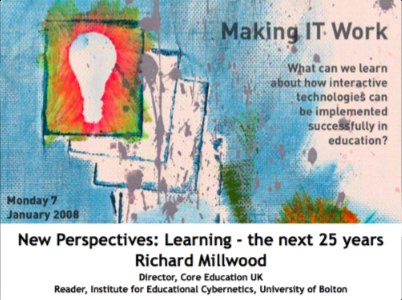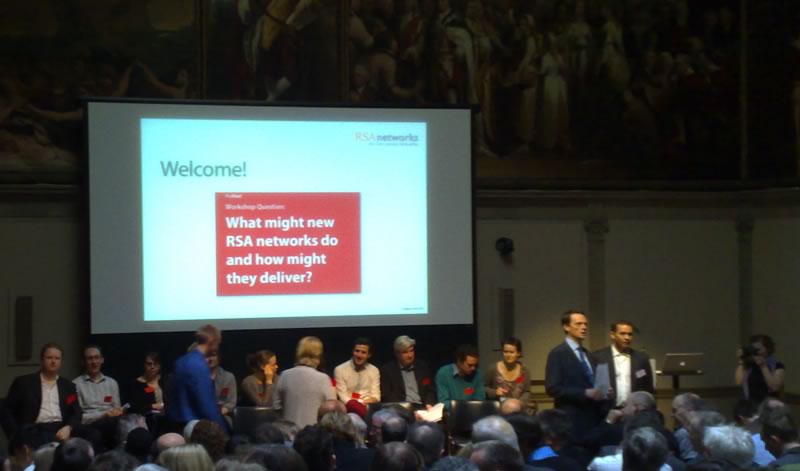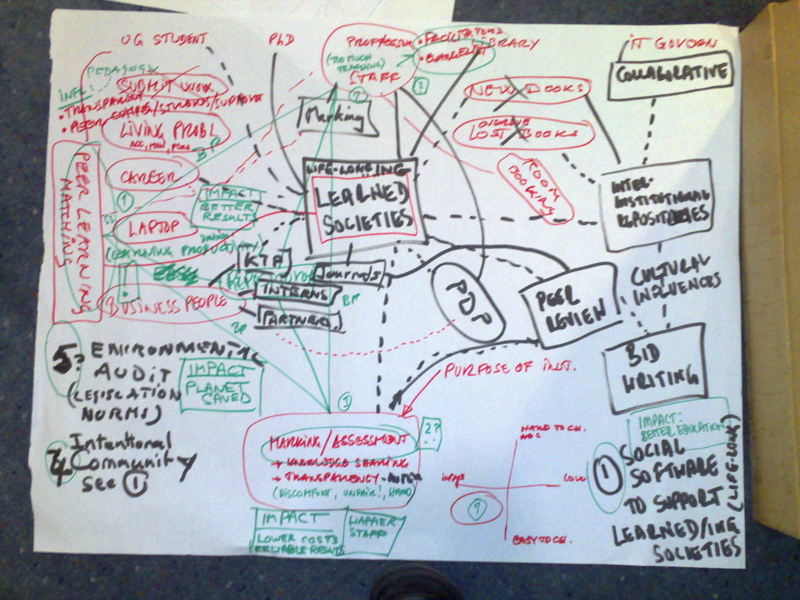The second annual Learning on the Beach unconference #lob11 has just scattered – I am blown away, boiled, invigorated and inundated – and that was just the weather. We were a self-select group of ‘old lobsters’ like me @richardmillwood and some fresh faces like @squiggle7 – the value of this mix in challenging the norms of indoor education was enormous.
Activities included:
- a scene setter on flat-lining and free-learning from John Davitt
- collaborative presentations by teams of participants on themes (and genre) as diverse as Irish History (sing-song), The Salt Marsh (tragedy) and Tides (rap)
- a tour of the beach with Seán and Matthew to understand the nurturing approach to the ‘machair’ or sand dunes found on the west coast of Ireland and particularly in Mulranny, where we were staying
- the Explainer Olympics – a chance to hone with a sharp stick in the sand our skills in capturing a concept
- a Ceilidh to let it rip -thanks to Jim and Ann, @angedav @JamiePortman @mlovatt1 @magsamond @johndavitt
- Postcards from the Edge, scribed on the beach – to let us shout about our findings
- thoughts to challenge suppliers – what do we need to support learning outdoors in the design of equipment and infrastructure? Peter at @westnet_ie made it possible for us to connect from the beaches around Mulranny so that we could benefit from our vast array of gadgetry to support our inquiry including TouchaTag an RFID technology, but there were many issues addressed regarding weatherproofing, robustness, daylight viewing and power supply that would enhance outdoor activity anywhere
- hot tub, sauna, steam room, cold plunge and swimming pool – four facilities that were welcome 😉
- the sharing of Guinness, Google, kindness, camera-derie, Twitter, time, humour and happiness ( to say nothing of black and white pudding, fresh air and fine rain)
There are not enough wild sea-horses to hold me back from attending #lob12 – I already miss the lobsters: @squiggle7 @magsamond @JamiePortman @mlovatt1 @andyjb @dughall @VickiMcC @johnmayo @johndavitt @angedav @katherinedavitt @timrylands @sarahneild @susanbanister
